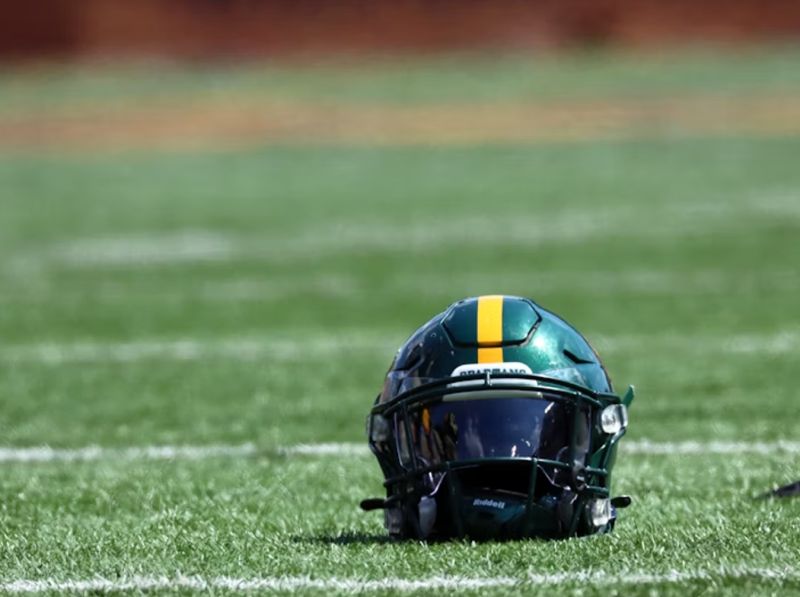The Shift from Casual Play to Analytical Mindset
 Over the past decade, many players have moved from casual games to deep sports research. People who once stuck to fantasy leagues now study actual teams, stats, and player forms. That shift comes from the thrill of mixing virtual skill with real-life results. Sports betting never stays static, as fans spot trends and patterns in real matches. They appreciate data more, turning their old hobby into a serious pastime. For extra guidance, sports betting gains shape through comparison sites and video tips, which can be useful for beginners who test small stakes before checking bookmakers abroad. Meanwhile, AllySpin offers a broad variety, and curious readers can explore new releases at https://www.onlinecasino.si/casino/allyspin-casino to uncover fresh games and learn ways to play and win. This new focus on analysis lets people see each match from a sharper angle. By using numbers and trends, fans can shift from random picks to informed bets. That approach can turn a normal watcher into a part-time analyst.
Over the past decade, many players have moved from casual games to deep sports research. People who once stuck to fantasy leagues now study actual teams, stats, and player forms. That shift comes from the thrill of mixing virtual skill with real-life results. Sports betting never stays static, as fans spot trends and patterns in real matches. They appreciate data more, turning their old hobby into a serious pastime. For extra guidance, sports betting gains shape through comparison sites and video tips, which can be useful for beginners who test small stakes before checking bookmakers abroad. Meanwhile, AllySpin offers a broad variety, and curious readers can explore new releases at https://www.onlinecasino.si/casino/allyspin-casino to uncover fresh games and learn ways to play and win. This new focus on analysis lets people see each match from a sharper angle. By using numbers and trends, fans can shift from random picks to informed bets. That approach can turn a normal watcher into a part-time analyst.
Fantasy Manager Tactics in the Real World
Fantasy sports taught gamers how to build winning teams from scratch. They learned to spot talent, balance rosters, and predict performance. That same planning now helps them approach real betting lines. By researching injury updates and expected stats, they see patterns that might influence a match. Many find that their old fantasy strategies lead to savvy calls at the sportsbook. Some watch scouting reports or track advanced game data. Others check live updates during matches. Either way, a strong fantasy background can ease the jump into real wagers. It’s also more fun than random guessing because fans use actual knowledge. Their past experiences with draft picks or player trades turn into practical insights for real betting boards. This shift makes sense. If someone can handle a complex fantasy league, they can handle real odds. They know how to guess potential outcomes. That methodical style keeps them on track, helping them avoid wild moves when placing bets.
Using Stats and Tech Tools
Many modern bettors rely on apps and online services that track player form, upcoming schedules, and even weather conditions. They often use these tools to refine their picks, much like gamers studying field positions in a fantasy draft. Detailed charts highlight how a player might perform at home versus away, or how a team recovers after a short rest. By tapping into that data, fans turn raw numbers into real insights. This practice mirrors the advanced analytics in fantasy leagues, where managers look for hidden gems to boost their squads. Betting platforms now show interactive graphs and live trackers. Some apps even deliver instant notifications about last-minute lineup changes. This level of detail gives fans a real advantage. They no longer rely only on gut feelings. Instead, they assess each angle, from match history to current form. By putting these facts together, bettors increase their odds of making smart calls that mirror the precision once found only in fantasy gaming.
The Role of Community Feedback
Another factor that helps gamers adapt is the strong community around betting chat rooms, forums, and social channels. People who once compared fantasy trades now share tips on real matches. They discuss form, injuries, and hidden angles that might change outcomes. By pooling knowledge, they form a tight web of support that benefits everyone. Gamers who step into the betting arena learn from these group discussions. Many post their picks, then explain their reasoning. In turn, others respond with fresh ideas or warnings. This back-and-forth sparks deeper analysis, helping bettors fine-tune their approach. Conversations might get heated, but that only shows how much passion people bring. The same spirit that fueled fantasy leagues now fuels a real betting culture. It encourages a balance of data study and group feedback. With so many opinions out there, each bettor can discover new strategies and keep learning, whether they focus on soccer, basketball, or other sports. All these factors combine to make the shift smoother.
Final Thoughts on the Growing Trend
As betting grows more popular, gamers see new chances to put their skills to the test. They no longer just guess who might win. Instead, they apply study habits learned from fantasy leagues. This passion for data and strategy makes them more than casual onlookers. Some even develop their own spreadsheets to monitor team form, star players, and head-to-head matchups. The best part is that anyone can do it. All it takes is a willingness to learn and adapt. Over time, fantasy managers become confident bettors. They rely on stats, analysis, and community advice. By mixing past gaming experiences with up-to-date research, they discover a fresh way to enjoy sports. Everyday fans now notice how deep the action goes when you look under the surface. For many, betting is no longer just about luck. It’s an extension of their love for fantasy competitions, giving them a chance to connect numbers and real-world results like never before. That blend of skill and passion signals a bright future for sports analysis.






